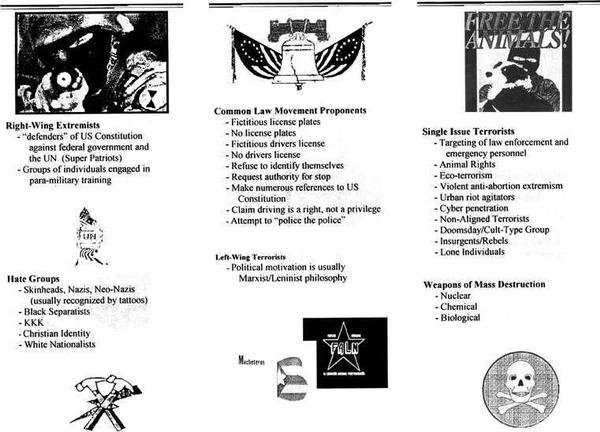Google's $4.6 billion plan for an open wireless Internet
Would that all kings were so benevolent. Google announced today it would set aside at least $4.6 billion to purchase a slice of the public airwaves in an upcoming government auction of radio spectrum. The company is imposing one condition on its money: It will only participate, it says, if the Federal Communications Commission requires that all bidders for the radio waves be forced to adhere to principles of Internet "openness."
This is huge news, though to understand its implications you've got to know what's been going on in the regulatory debate over the next wireless Internet. More than a decade ago, the government mandated that all TV broadcasters transmit their signals digitally, freeing up a huge slice of public airwaves for other uses. In January, the FCC will hold a public auction of the vacated radio spectrum -- it's known at the 700 MHz frequency -- and traditional communications companies such as AT&T and Verizon are salivating at the chance to grab up the space.
The 700 MHz airwaves will be used for data; wireless companies talk of a fast, robust, nationwide wireless Internet -- but that's exactly what's so worrying about the prospect of the spectrum going to the telecom firms, which have not generally favored openness on their networks. On today's cellphone networks, wireless companies won't let people run the applications or devices they choose -- all major carriers, for instance, prohibit their customers from adding Skype to their cellphones, and they frown upon letting you use phones that also do Wi-Fi (because if you're using Wi-Fi, you're not ringing up minutes on the cell data plan).
Over the last several months, Google, eBay (which owns Skype), and other Internet firms -- along with many consumer advocacy groups -- have lobbied the FCC to mandate that telecom firms clean up their act on the 700 MHz spectrum. You can think of it as the network neutrality debate for wireless.
As it has outlined in a letter to the FCC (PDF) and numerous times on its company blogs, Google wants the agency to require that any firm that bids for rights to the 700 MHz spectrum promise to: 1) let customers download and use any software on the network; 2) let customers use any device on the network; 3) sell wireless space to any third-party wireless provider at commercial rates; 4) allow the wireless network to interconnect with other Internet service providers.
A couple of weeks ago, Kevin Martin, the chairman of the FCC, released a draft version of rules for the auction that were widely interpreted as siding with Google. In fact, Martin's draft only went partway toward full openness -- it allowed for points 1 and 2 from above, but not points 3 and 4. And that's where the $4.6 billion comes in: Google is using its considerable wealth as bait to bring Martin all the way to full openness.
Telecom firms loathe these openness principles, and they've been lobbying Martin to reject Google's plan by arguing that any rules would make the spectrum less attractive to bidders -- and, therefore, will result in lower revenues for the government in an auction. Google's money eviscerates that argument: Google will put its billions in only if the FCC adopts all four principles of openness, CEO Eric Schmidt told Martin in a letter (PDF). And the government stands to make a lot more money at auction if Google participates than if it does not.
It's a brilliant strategy, one that puts wireless companies in a tough spot. We've long known that Google hired the smartest engineers in the world. Now we're seeing their public policy gurus aren't too shabby either.




Nuk ka komente:
Posto një koment